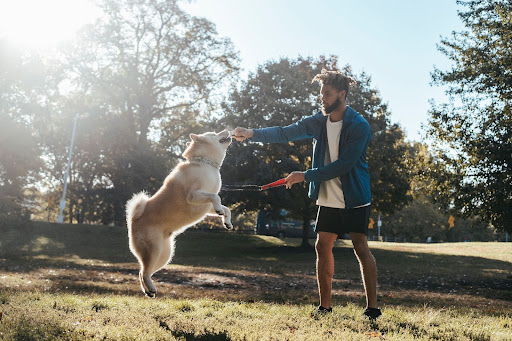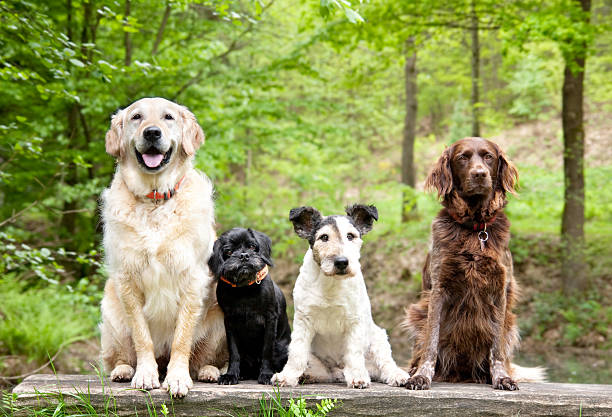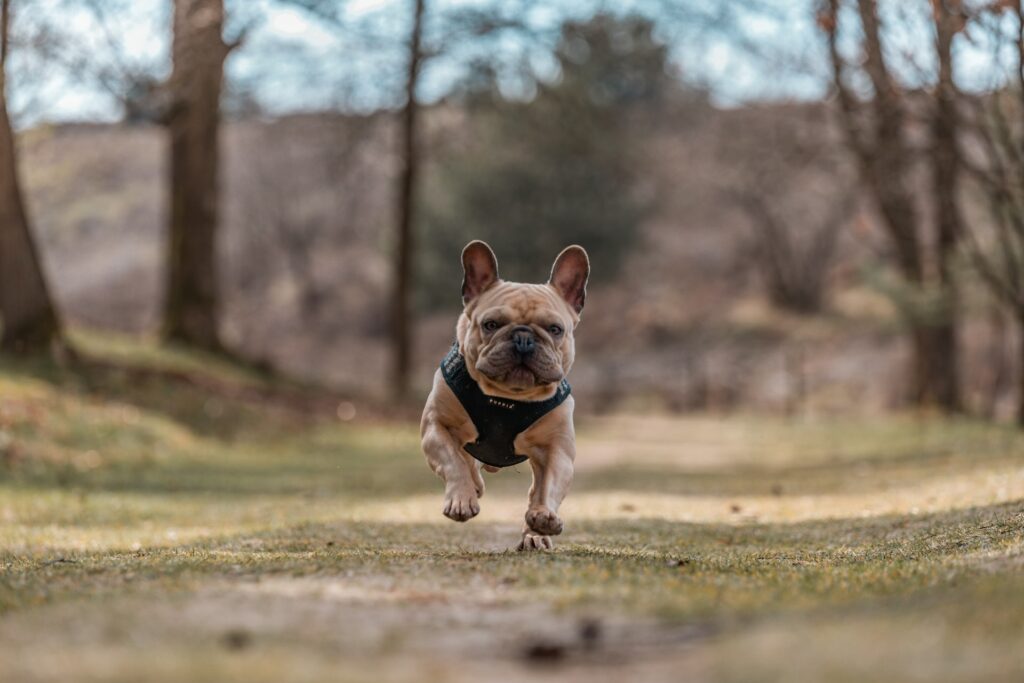
Welcoming a new dog into your home is a big undertaking. In addition to making sure that you have enough antlers for dogs for them, you also have to choose a new name! If you’re having trouble settling on a new name for your dog, follow these 10 tips to find the perfect name for your new canine companion.
Keep it short and sweet.
Longer names are difficult for your dog to remember and annoying to call out loud repeatedly. For best results, choose a short name of no more than two syllables and practice saying it out loud so that you can confirm it’s not too difficult to say. If you plan on giving your dog a longer, multi-syllable name, then brainstorm some nicknames that you can use to shorten it to one or two syllables for regular use.
Try to pick a more unique name if possible.
If you live in a highly populated area, it’s very possible that multiple dogs will come running if you call “Bella” or “Max” at the local dog park. To avoid this, try giving your dog a more unique name that still fits the other criteria on this list. The most popular dog names vary over time as well as by region, so do a bit of digging before you settle on a name. You don’t want to put a bunch of hard work into picking what you think is a unique name only to have half the dogs in the park come running to drink out of your portable dog water bottle.
Think about your dog’s personality.
Your dog has a unique personality, kind of like a person, and that can be a great inspiration for names. Obviously, this does require you to spend some time with the dog first, which can be tricky if you don’t get to meet them far in advance of their “gotcha” day (for instance, if you go to the shelter to adopt and bring the dog home on the same day you meet them). In these situations, you’ll need to think fast if you want to give your dog a personality-based name so that they can start learning it as soon as possible.
Consider your own interests.
If you’re stuck, your own hobbies are a great source of inspiration for unique dog names. As an example, you could name your dog after your favorite sports player, musician, artist, scientist, or another celebrity who you find inspirational. If you are really hitting a wall when it comes to unique dog names, don’t be afraid to explore this brainstorming technique.
Be careful with family names.
In theory, naming your pet after a relative sounds like a great way to pay tribute to them. However, not everyone will be flattered by having a dog named after them. So if you want to name your dog after a living family member or friend, it’s always best to ask their permission before you bestow the name upon your dog — just to be on the safe side.
Avoid names that sound like commands.
Names that sound like other words are confusing for your dog, especially if those words are commands. For instance, “Beau” sounds very similar to “no,” so if you name your dog that, they might potentially think that you are yelling at them for doing a bad thing when, in fact, you are just calling their name. Make a list of commands that you plan to teach your dog and compare your short list of names against it so that you can confirm that your name doesn’t sound too similar to them.
Consider other pets’ names as well.
Speaking of confusion, if you have more than one pet, you should make sure that you give your new dog a unique name that sounds different from your existing pets. While it may be tempting to give them cutesy names that match or are alliterative, if the names sound too much alike, your pets won’t know who you are calling for, complicating things for all of you and making it way more difficult to train your new pup. Stick with unique names that sound different, and you won’t regret it.
Research potential negative connotations.
As with all name choices, you’ll want to do some research to ensure that your short list of candidates doesn’t have any negative connotations or references that could be embarrassing or insulting. It’s usually best to avoid names that are outwardly crass or gross, such as Poopbutt, as well as names that are racial or cultural slurs (even in other languages). Erring on the side of caution is always best in these kinds of scenarios.
Play around with nicknames.
Once you think you’ve settled on a name, play around with it and see if you can come up with some great nicknames. Every dog needs at least a couple of great nicknames, and ideally, they should be variations of their given name so that your dog will still recognize that you are referring to them (as opposed to another pet or another random object). If you can’t come up with any good nicknames, try this same exercise with other names on your list to see if any of them are better candidates.
Stick with the name once you decide.
After you choose a name, it’s usually best to stick with it, especially after the first couple of months. If you must change it, try picking a name that sounds similar to their current one, such as switching from Bailey to Hailey. Really hit that positive reinforcement with a dog treat subscription box, praises, and other rewards to create a new association in your dog’s mind with their new name.
Do you have other tips for choosing the perfect name for a dog? Let us know your secrets in the comments below!
Latest Articles
- Comprehensive Guide to Fence Installation: Choosing the Right Materials and Services
- Exploring Common Home Pollutants and Their Impact
- Tips For Indian Stock Market: A Comprehensive Guide for Investors
- RRB Technician Vacancy 2024: Everything You Need to Know!
- Countdown to Election 2024: Assam’s Political Landscape

Pros and Cons of Clicker Training for Dogs

Top 8 Family-Friendly Dog Breeds to Consider When Looking for a Pet

 S
S
4 Different Ways To Let Your Dog Enjoy CBD

